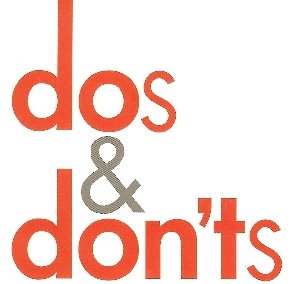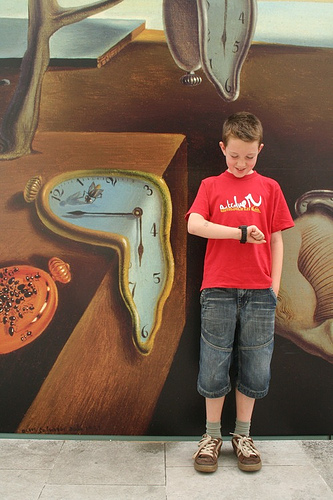By: Kelly Cleary
It’s career fair season once again with Penn’s Spring Career Fair on campus THIS FRIDAY, followed by the All Ivy Environmental and Sustainable Development Career Fair on Friday, February 26th and the Not-for-Profit & Public Service Career Fair on Friday, March 5th, the latter fairs being held in NYC.
The Spring Fair on Friday, February 19th from 11am-3pm in Houston Hall will be a great chance for students from ALL years and ALL majors to meet representatives and learn about job and internship opportunities in a variety of industries including communications/media, business/finance, consulting, education, engineering, government, healthcare, IT, and nonprofits. For the current list of over 65 registered employers, click here or check PennLink.
While career fairs are a fantastic way to connect with job and internship opportunities, I’ve talked with many students who really stress out about career fairs. When I talk to students who are hesitant to attend career fairs because they worry they’ll get nervous and won’t know what to say or do, I always remind them that recruiters register for (and pay good money to attend) career fairs because they are eager to talk to and potentially hire talented students like YOU.
Here are a few career fair prep tips to help ease some of that pre-fair anxiety:
Reflect on your career interests, skills, and personal goals for the fair. Are you looking for an internship or a full-time job? What type of what of work do you want to do (i.e. writing, analyzing, programming, event planning, researching…)? What industries are you most interested in? Where do you want to live?
That said, while it’s important to have goals in mind, it’s also important to keep an open mind so you don’t miss out on an opportunity simply because you overlooked the fact that it could be a worthwhile way for you to gain experience.
Develop your “30-second commercial” – if that sounds silly to you, just think of it as your basic introduction. Career fairs at Penn do get crowded so you might only have a few seconds to attract and keep a recruiter’s attention. This can be a little daunting, so work out a great sentence or two about your career interests, skills, special research projects, and background (academics, extra-curricular, internships, etc.)
Research organizations that are attending and develop a plan of attack. Come up with a list of your “must see” companies to make sure you don’t miss their tables, but survey the entire list of attendees. An organization doesn’t have to be a household name to be a great employer who offers interesting and rewarding opportunities. I know a student who received a super job offer with a great company after she stopped by a table that had no student traffic when she walked by. She would never have known about what that company had to offer if she didn’t stop to ask.
Taking the time to reflect on your interests and goals, develop your introduction, and research organizations will help you make the most of your time at the fair.
And here’s a quick run through for the day of the fair– dress sharp, brush your teeth, bring lots of copies of your resume, shake hands, smile a lot, ask intelligent questions, take business cards (and make notes on those cards for easy recall), and follow up with recruiters that night. You can find additional career fair tips on our Navigating Career Fairs page and our Tips For Mastering a Career Fair video, or plan to attend the Career Fair Prep workshop on Tuesday, February 16th at 2:30pm in McNeil Building, Room 97.






